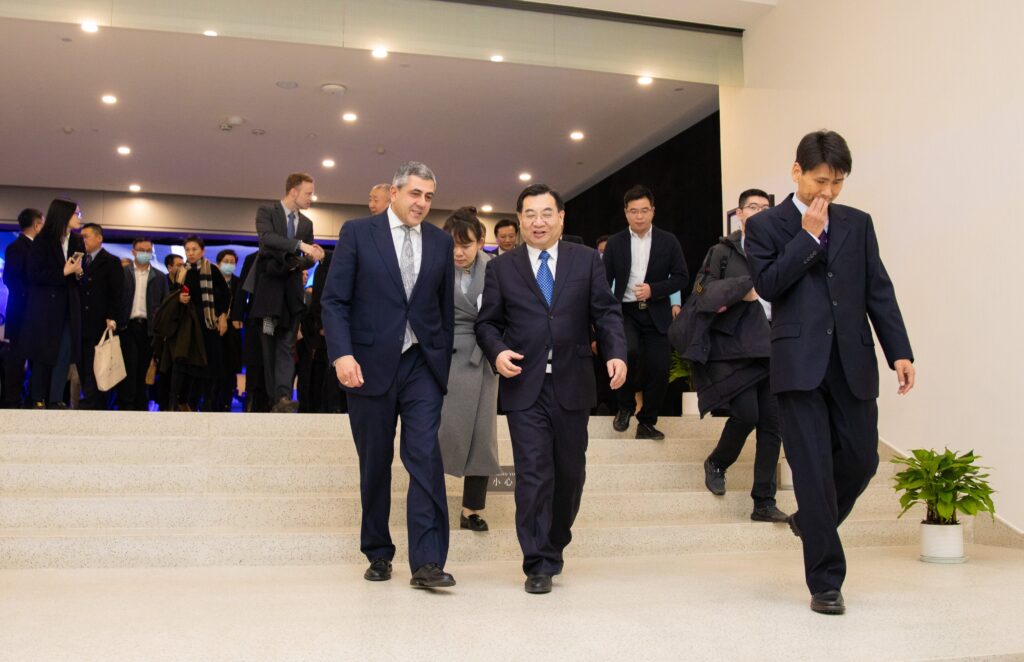A high-powered delegation of the World Tourism Organization (UNWTO) led by Zurab Pololikashvili, its secretary general, has joined officials of the People’s Republic of China as it restarts its tourism sector.
China has been closed for nearly 1000 days and opened nearly a month ago to international tourists and businesses.
This followed the relaxation of its of Covid rules paving the way for its tourism to begin again.
Zurab Pololikashvili, the UNWTO chief, is the first United Nations head of agency as well as the first global tourism leader to visit China since it lifted its travel restrictions after more than 1,000 days it was closed to international visitors.
The re-opening of China represents the ‘missing piece’ in global tourism’s recovery from the worst crisis in its history.
China’s Tourism Power
Due to the pandemic, the world lost almost $US3 trillion in tourism revenues between 2020 and 2022. According to UNWTO data, the pandemic cost destinations worldwide a combined US$270 billion in Chinese outbound tourist spending in 2020 and 2021 alone.
As global tourism began to recover, the absence of China was particularly costly.
Before the pandemic, it was the world’s biggest tourism source market. In 2019 Chinese tourists took 166 million international trips, and spent US$270 billion, much of it in destinations in developing economies.
During his mission, the UN Tourism Chief lauded the Chinese Government for the bold decision to relax travel restrictions underscoring the importance of China to global tourism recovery.
“The lifting of travel restrictions in China will be felt in every global region. UNWTO data shows that Asia and the Pacific have been the slowest to recover from the crisis, reaching just 23% of pre-pandemic levels by the end of 2022. The return of Chinese tourists will accelerate this recovery,” Pololikashvili said.
He further added that The impact of China’s re-opening will be felt far outside the tourism sector itself. Due to tourism’s ability to cut across economic sectors, it is anticipated that it will boost economies at the global, national, and grassroots levels.
In a bilateral meeting, Minister Hu Heping and Secretary-General Pololikashvili agreed to further deepen their collaboration around positioning tourism on the agenda for international development cooperation and in the key areas of tourism education and tourism for rural development.
The visiting UNWTO delegation joined public and private sector leaders, including China’s Minister of Culture and Tourism, Luo Shuang, to officially mark the occasion.
In pursuit of one of its key thematic areas to drive tourism, the Secretary-General as part of the mission participated in the World Tourism Alliance for the Xianghu Dialogue to advance tourism as a driver of rural development in China and worldwide and to unite the sector around key priorities of jobs, investments and sustainability.
While in China, UNWTO also joined preparations for the 10th edition of the Global Tourism Economy Forum. UNWTO will join its partner the World Tourism Alliance for the forum in Macau in September to advance shared plans for a more sustainable, resilient, and inclusive sector.
The UNWTO delegation met with private sector leaders, including from the Chinese global technology company Alibaba, which is headquartered in Hangzhou.







